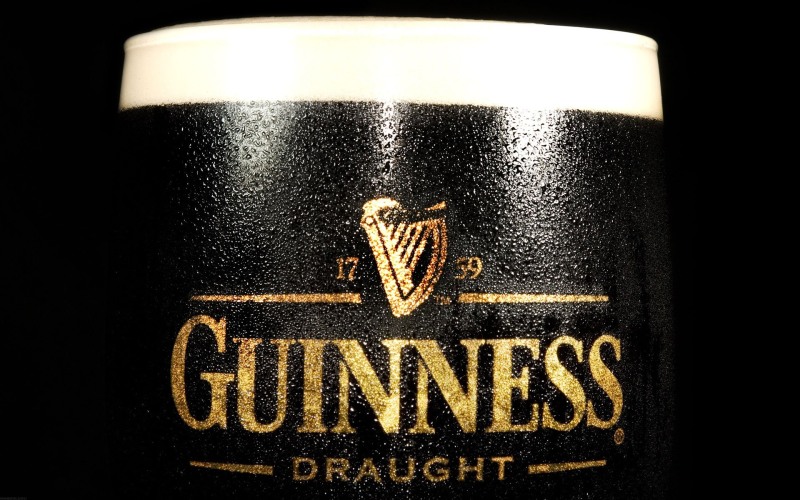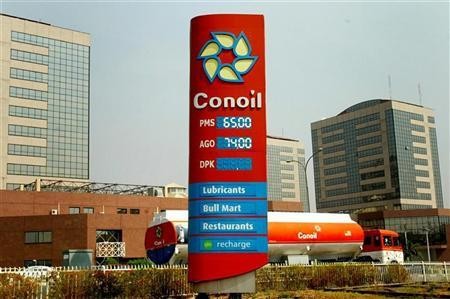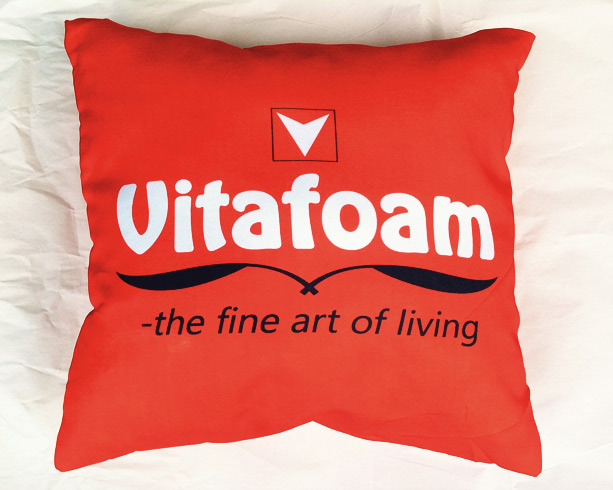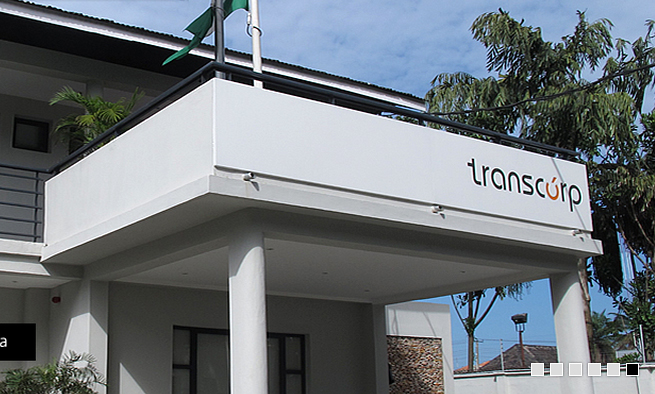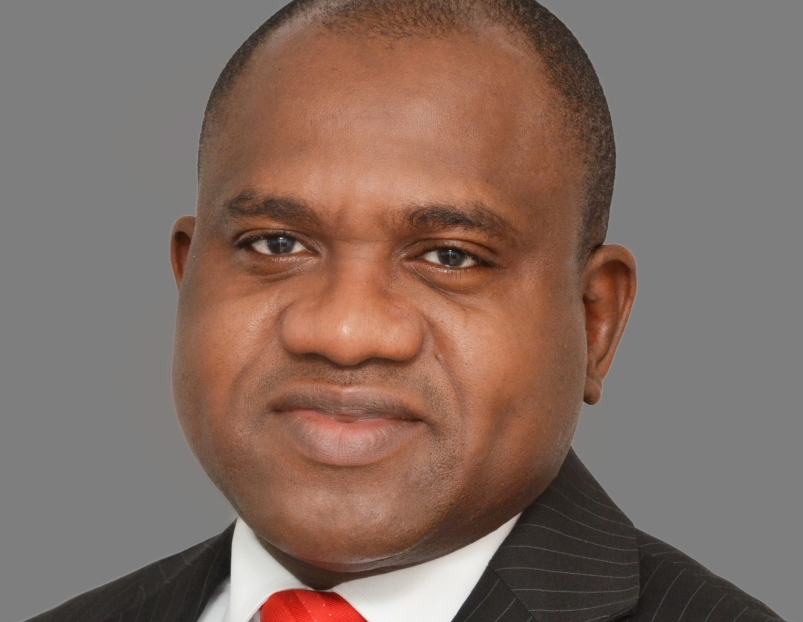Guinness Nigeria closed the 2015 financial year with a drop in profit for the third year running but a moderate gain in sales revenue. This is in line with our projection for the brewing company that has been under pressure from both sales and margins. A recovery move in sales revenue after two years of declines represents a positive signal for the company in the year but the fact that this did not prevent profit from falling further adds to the concerns.
In line with projection, the company closed its 2015 financial year with the lowest profit figure in nine years. Inability to grow sales volume is a general industry problem with the brewed products market unable to grow for the second year. This has heightened the competitive battle in which even the brewing giants are feeling the pain of revenue weakness and profit constraints.
Slow growth in sales volume has resulted in increased costs per unit of sales for Guinness Nigeria. Cost of sales and selling/distribution expenses per unit of sales revenue is on the rise and this has continued to slash profit margin. The company’s main challenge is how to grow sales revenue significantly ahead of cost of sales and reduce marketing and distribution expenses relative to sales.
Sales revenue grew by 8.5% to N118.49 billion for Guinness Nigeria at the end of its 2014/15 financial year in June. This raises some hopes for the company that perhaps an end to the company’s declining market share might have been reached. The company lost sales revenue in each of the preceding two years and the recovery made in 2015 remains below the previous peak.
Advertisement
Turnover went down by 10.8% to N109.20 billion in 2014, a further drop from the peak sales revenue of N123.7 billion the company generated in 2012. The company’s revenue growth momentum has been weak since 2010 and costs are rising continuously as a proportion of turnover. Costs do not appear excessive for the company except in the context of the revenue weakness.
The increase in revenue during the year amounted to N9.29 billion but the company could not convert a kobo of it into profit. The increase was insufficient to cover increases in cost of sales and distribution/administrative expenses. Distribution/administrative expenses grew well ahead of sales revenue at 13.9% to N40.95 billion and therefore claimed an increased share of sales revenue at 34.6% compared to 32.9% in the preceding year.
A 10% increase in interest expenses to N4.87 billion therefore caused a decline of 8% in pre-tax profit and a rise of 42% in taxation cut down after tax profit by 19% to N7.79 billion. After tax profit had dropped by 19.3% to N9.57 billion in the preceding financial year. Profit has therefore continued to drop from the company’s peak profit figure of N14.93 billion in 2012.
Advertisement
Net interest expenses appeared to be under control at the increase of 10%, which follows a reduction in the company’s balance sheet debts. The company’s long-term borrowings dropped by 55% to N12.25 billion in 2015 and short-term debts are only slightly up at 3% to N12.34 billion. This is a favourable development than can reinforce profit capacity and improve cash flow position if sustained.
The rebound in sales revenue has reversed the sustained down trend in asset turnover. Asset turnover has improved at 0.97 after a decline from 1.0 at the end of 2013 financial year to 0.8 in 2014. On the other hand profit margin has continued to decline from 12.1% in 2012 to 9.7% in 2013 and from 8.8% in 2014 to 6.6% in 2015. A stronger growth in sales revenue is required to reverse the downslide.
Other major developments in the balance sheet apart from the decline in loans and borrowings include a drop of 20.2% in inventories, a fall of 19.6% in trade debtors and other receivables and a decline of 8% in cash and bank balances. The company’s cash flow position has improved remarkably with an increase of 70% in net cash generated from operating activities to N32.54 billion. This was more than sufficient to finance a major increase in net cash utilised in financing activities and still left net cash increase of over N2.72 billion at the end of the financial year.
Earnings per share dropped from N6.36 in 2014 to N5.18 at the end of the 2015 financial year. This is a continuing drop from N7.93 in 2013 and N9.91 in 2012. Guinness Nigeria paid a cash dividend of N3.20 per share in 2014, down from N8.25 in 2013. The proposed dividend for 2015 is unchanged at N3.20 per share. The company’s register will close on 12th October while payment is scheduled for 27th November 2015.
Advertisement
Add a comment

